In February 2019, Marvin Lafountain noticed a funny feeling in one of his arms.
It felt oddly heavy. His hand did, too.
Lafountain, 63, of Allegan County, Michigan, set out to his doctor’s office to get to the bottom of things.
“They took my vitals and prescribed Plavix and sent me home,” Lafountain said. Plavix is used to prevent strokes and blood clots or other circulation problems.
But he didn’t feel better. He felt weak. And tired.
Sometimes, the fatigue got so bad it would make him stumble.
He returned to his doctor a few more times.
“I was scheduled for a carotid stent,” he said. “But they sent me to Kalamazoo and the surgery had to be called off because my insurance said that was out of network.”
Mini-strokes
Lafountain and his wife, Roxeanne, contacted their insurance company in hopes of finding another solution.
“They referred Marvin to Dr. Yassa at Spectrum Health in Holland,” Roxanne said.
The couple drove north to the Spectrum Health Integrated Care Campus in Holland, to meet Eanas Yassa, MD, a vascular surgeon who travels from Spectrum Health in Grand Rapids to her Holland office twice a month to see patients.
Dr. Yassa’s work there is part of a close collaboration between Spectrum Health and smaller, regional hospitals, in an effort to bring vascular care to patients closer to where they live.
She evaluated Lafountain’s carotid artery images past and present. What she saw alarmed her.
“It was clear that he had had a number of small or mini-strokes, followed by a more significant stroke that resulted in permanent damage,” Dr. Yassa said. “Marvin and Roxeanne were right to be worried. I found significant plaque in his right carotid artery and what appeared to be multiple mini-strokes on the right side of his brain, which had affected the left side of his body.”
Lafountain’s chest pains also worried her. Lafountain felt them every time he enjoyed his evening cigarette.
Dr. Yassa diagnosed cardiac ischemia—decreased blood flow—and immediately admitted him to the hospital.
That very day, doctors transferred him from Holland Hospital to Spectrum Health Fred and Lena Meijer Heart Center in Grand Rapids.
Dr. Yassa called in Spectrum Health cardiothoracic surgeon David Spurlock, MD, to join her team.
They scheduled the surgery.
Two-pronged approach
Despite the immediate need, surgery would have to wait a week. Lafountain’s system had to clear itself of the many blood thinners he’d been prescribed earlier.
Thinned blood can be dangerous during surgery.
On May 7, Lafountain readied for the operating room.
“I also had to give up my nightly cigarette before I could have surgery,” Lafountain said, a bit sheepishly.
His smoking habit had already led to emphysema and a need for an inhaler to treat his chronic obstructive pulmonary disease, or COPD.
Lafountain’s open heart surgery involved a two-pronged approach.
First, Dr. Yassa performed a carotid endarterectomy to reduce his risk of another stroke. She removed the 70% blockage in his carotid artery, restoring blood flow to his brain.
Next, Dr. Spurlock stepped up to do a coronary artery bypass graft. The bypass restored blood flow where Lafountain’s arteries were 70 to 90% blocked.
“Frankly, I don’t know how Marvin didn’t have a heart attack with that percent of blockage,” Dr. Spurlock said.
Dr. Yassa’s portion of the surgery took two hours. Dr. Spurlock required another four.
It’s uncommon to undergo two major surgeries at once, but in this case it worked—it tackled all of Lafountain’s health issues at once.
“We do some 600 bypasses a year at Spectrum Heath, but maybe only about 10 of these combined surgeries,” Dr. Spurlock said.
Honest and open
A week after surgery, he returned home to a place he and his wife love—a few acres near Dumont Lake.
“Roxeanne and I are both retired now, so I like being here, being outdoors and working in the yard,” he said. “Look, I built a waterfall over there. And we have a camp up north, near White Cloud, where I like to hunt and fish.”
Lafountain looks forward to resuming those activities soon. For now, he’s walking and doing exercises at home under the guidance of a visiting nurse.
“You know, the whole experience was different than I expected,” he reflected. “I was so impressed with these doctors. They were honest and open with me, telling me what to expect.”
“No sugar coating,” Roxeanne agreed. “It was a great experience.”
Lafountain has tossed the cigarettes for good and he no longer needs to use his inhaler.
Dr. Yassa advises her patients to always take stroke symptoms seriously, even if the symptoms quickly pass. It could be a mini-stroke, she said.
“Fifteen to 20 minutes of facial drooping, even if it passes, is still a warning sign and should be investigated,” she said.
“The Lafountains did the right thing,” Dr. Spurlock said. “Patients should be active participants in their own health care. If something doesn’t feel right, keep looking for answers.”

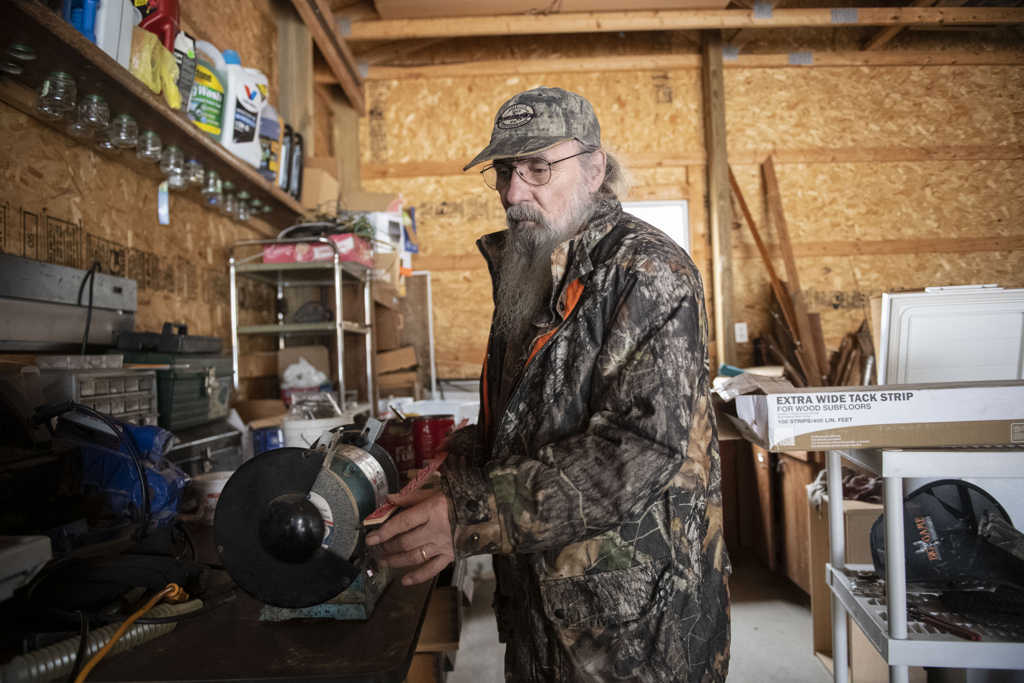
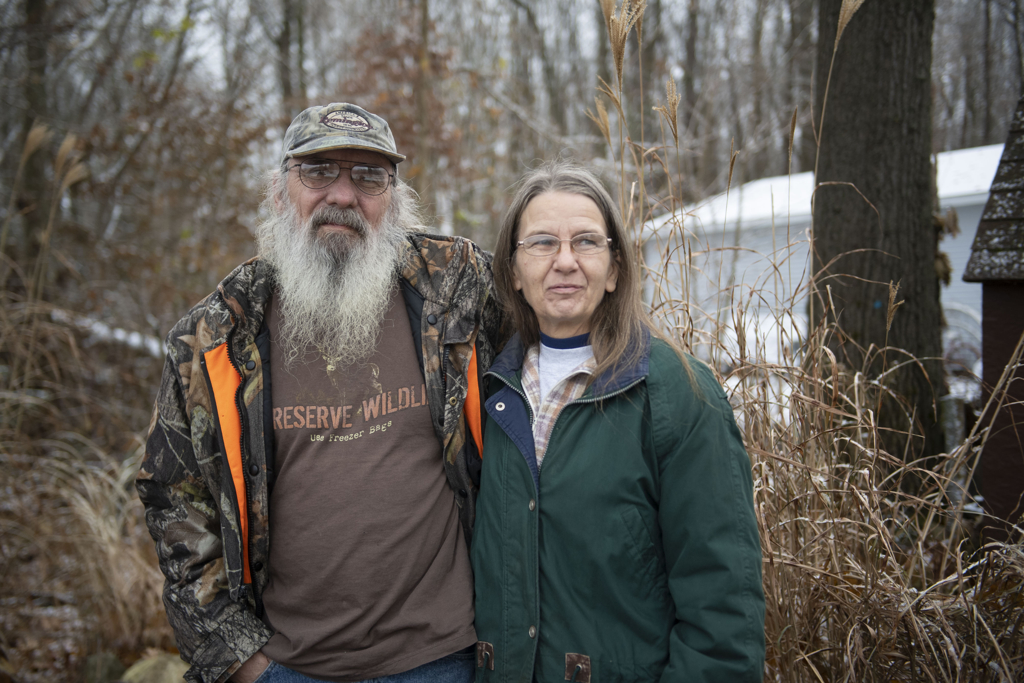
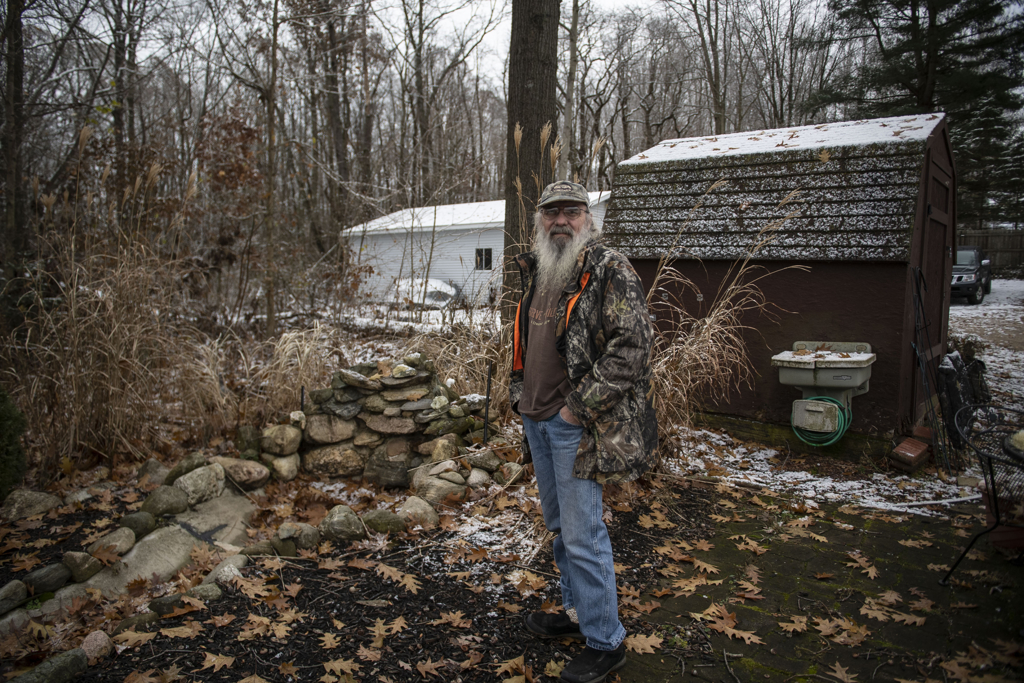



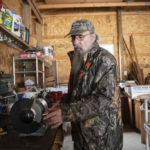
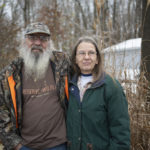



 /a>
/a>
 /a>
/a>
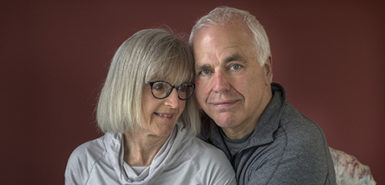 /a>
/a>
Once again we are so thankful for the whole team
Thank you for sharing your (Marvin’s) story, Roxeanne. So pleased you had a good experience.
so glad you and Marvin found us! you are both a testament to perseverance. Amazed by how you have made changes for your own health as well! Great job!
Thank you, Dr. Yassa, for your kind comment and for all you do each day to save lives and improve the health of our community. You’re a rock star!